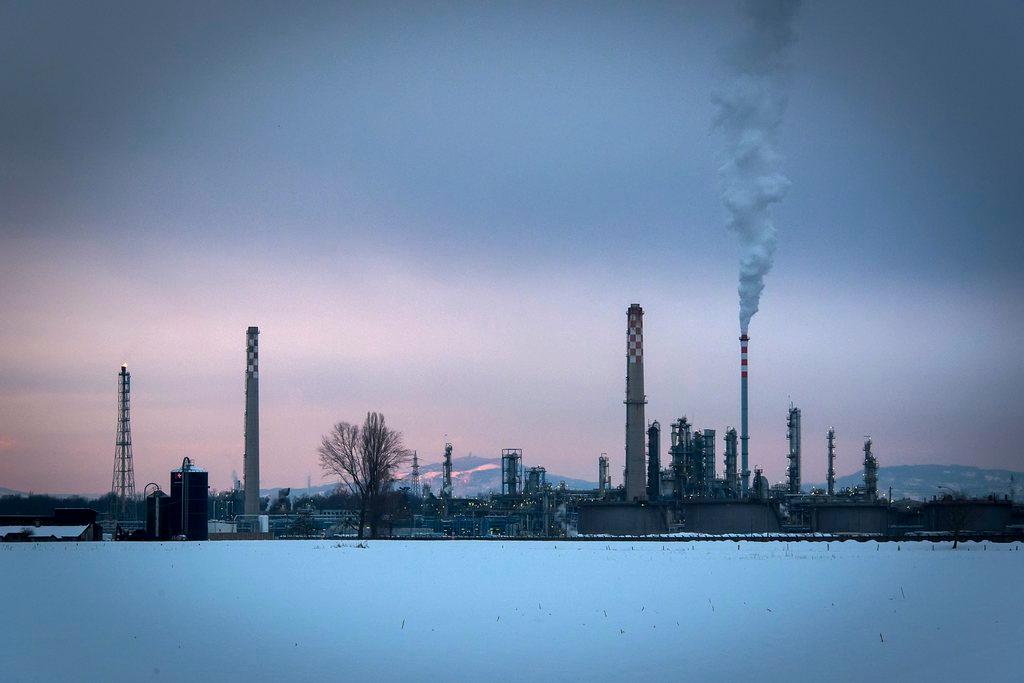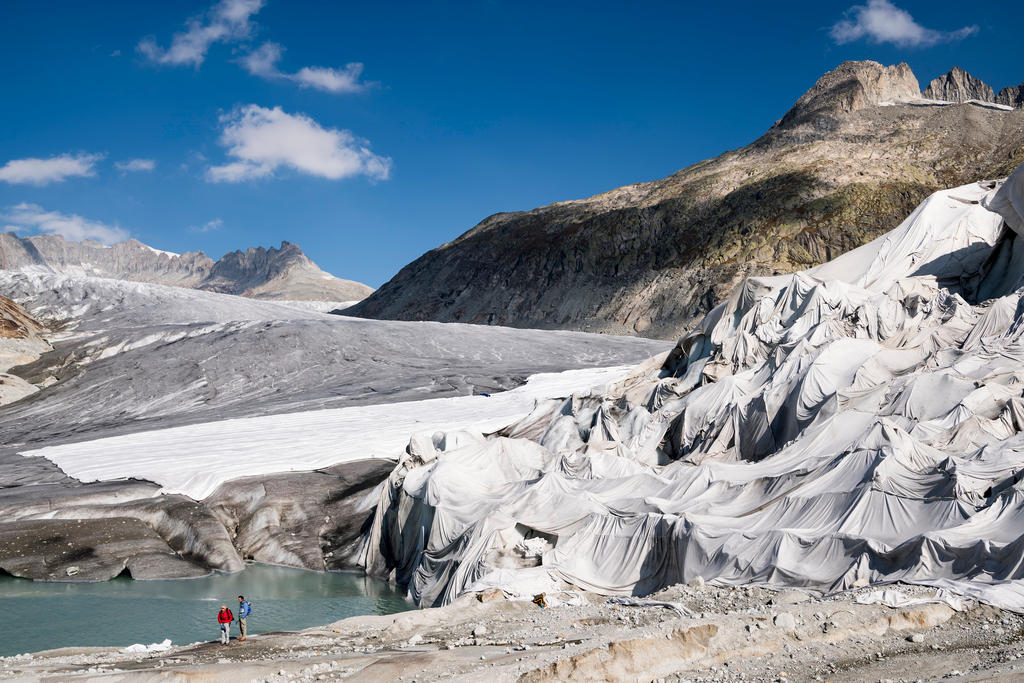
Human influence on melting glaciers pushed back decades

New research by a Swiss institute has thrown doubt on the widespread assumption that the melting of Alpine glaciers began with the onset of industrialisation in the middle of the 19th century.
To date, writes Swiss public broadcaster SRF, many researchers have assumed that glacial retreat began around 1860 with the increased volumes of soot and smoke belched out by the new factories of the industrial age.
However, researchers from the Paul Scherrer Institute have found that a deeper analysis of soot levels within the ice itself throws this assumption into doubt.
Working with (among others) the Fiescherhorn glacier between cantons Bern and Valais, the scientists managed to trace soot particles in the ice right back to 1740; a veritable “history book” of what would have been in the atmosphere at the time, said researcher Michael Sigl.
Interestingly, they found that industrial soot most likely does not account for the melting of glaciers between 1850 and 1875, since it was only after that year that levels of soot in the air exceeded natural atmospheric levels for Central Europe.
Thus, according to the researchers, the so-called Little Ice Age (c. 1300-1870), during which Alpine glaciers reached their peak volume, likely came to an end as a result of natural climatic variations rather than being precipitated by human interference.
Indeed, as Sigl said in a separate interview in the Le Matin Dimanche newspaper on Sunday, “in 1875, some 80% of the glaciers’ retreat had already occurred”.
Delayed impact
He nevertheless stressed that the study did not provide any grand refutation of the idea that human actions contribute to global warming; rather, he said, “the question is to know from when human activities began to take effect on the climate” – a question that remains open.
Geneva-based climate professor Martin Benston echoed this, saying that the time gap is less important than the basic fact that “greenhouse gas emissions have steadily and measurably increased as a result of human activity, this is elementary physics.”
The report comes in the same week that the Swiss Academy of Sciences revealed that the extreme summer just gone made 2018 one of the most damaging years on records for Swiss glaciers, which lost a massive 2.5% of their volume this year alone.

More
Swiss glaciers shrink further after extreme 2018 weather

In compliance with the JTI standards
More: SWI swissinfo.ch certified by the Journalism Trust Initiative



























You can find an overview of ongoing debates with our journalists here . Please join us!
If you want to start a conversation about a topic raised in this article or want to report factual errors, email us at english@swissinfo.ch.